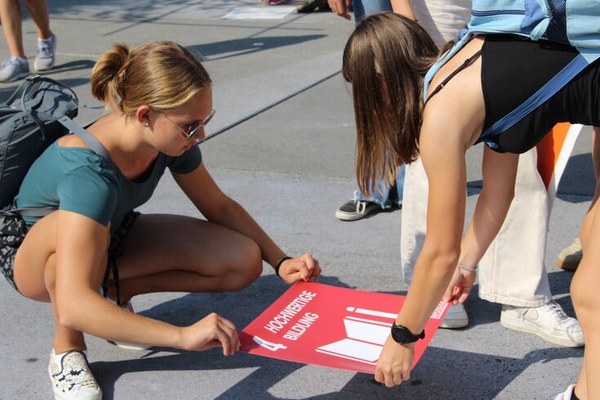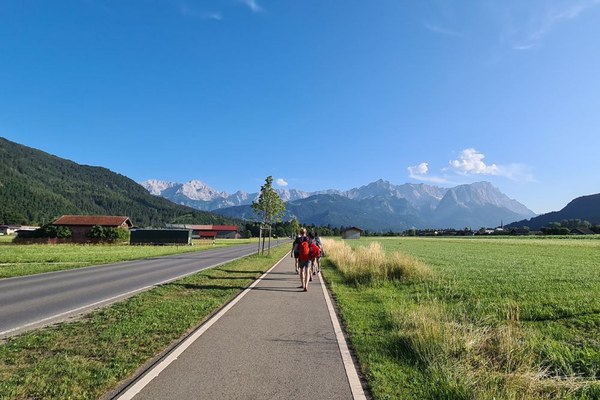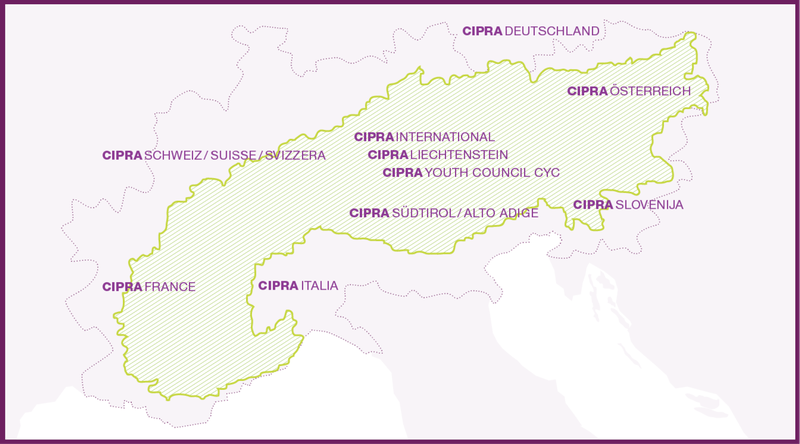Laura Haberfellner, CIPRA International Lab
Innovation to counter emigration
Emigration and the brain drain in the Alpine region: a new EU project involving CIPRA aims to counteract this trend. It is testing innovative governance models to strengthen mountain regions and create a win-win situation for regions of origin, destinations and young emigrants.
Who is CIPRA?
Find out more!
More articles
alpMedia | Schaan, LI
Ecological wood-welding technology with a future
Scientists from Switzerland and France have now developed a new joinery method called wood welding.
alpMedia | Schaan, LI
Results of the IPAM Project now published
The IPAM (Integrative Protected Area Management) Project co-financed by the EU focused on the exchange of experience and on methods and instruments of planning and management in protected areas.
alpMedia | Schaan, LI
King Albert Mountain Award an Werner Bätzing
Last week the King Albert I Memorial Foundation honoured seven mountain experts with golden awards. One of the Awards went to Germany's Werner Bätzing as a "leading expert on problems of the Alps as a whole".
alpMedia | Schaan, LI
New handbook on sustainable agriculture in the Alps
The new "Guidelines for promoting sustainable agriculture in Alpine mountain regions" in four languages (de/fr/it/en) contains numerous recommendations for the planning and implementation of projects and measures aimed at promoting sustainable agriculture in Alpine mountain regions.
Events
There is nothing to see here at the moment. Why not take a look at the other countries?
Projects

CIPRA International
Ars vivendi
[Project completed] How can the Sustainable Development Goals (SDGs) be learned and taught? In the project «ars vivendi» a didactic tool for the Global Agenda 2030 is being developed.

CIPRA Deutschland | CIPRA France
DINAMO
[Project competed] In many rural areas of the Alps, public transport services are inadequate for daily needs and tourism development. In some remote mountain regions, this is one of the reasons why there is a considerable amount of car traffic, especially on weekends, public holidays and during rush hours. There are various reasons for this, including the high cost of public transport solutions due to low population density, inadequate public transport options (such as timetables, accessibility, connectivity, travel time and costs) and political and social preferences in favour of private motorised transport.

CIPRA International Lab
LISTEN
The LISTEN project is analysing the use of space in suburbs on the basis of three pilot regions in Belgium, Sweden and Austria. CIPRA Lab GmbH is working together with partners from research and regional stakeholders.

